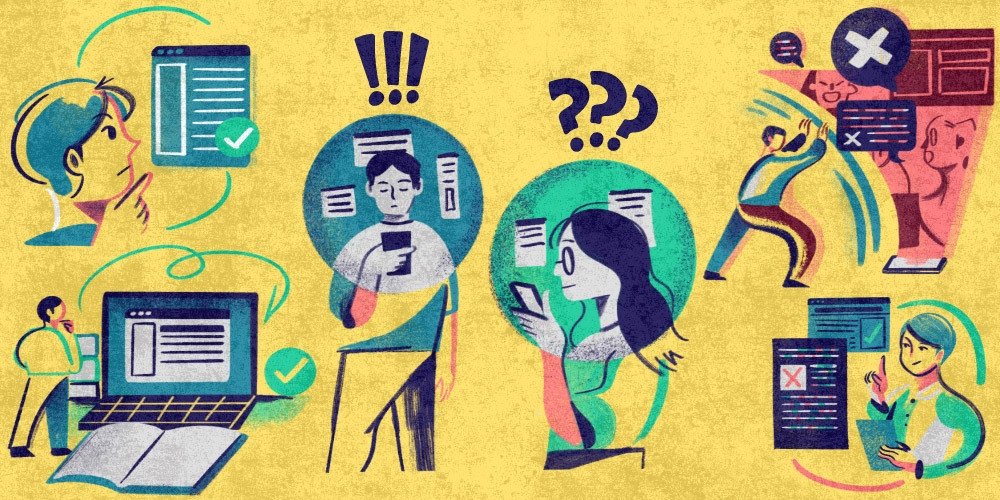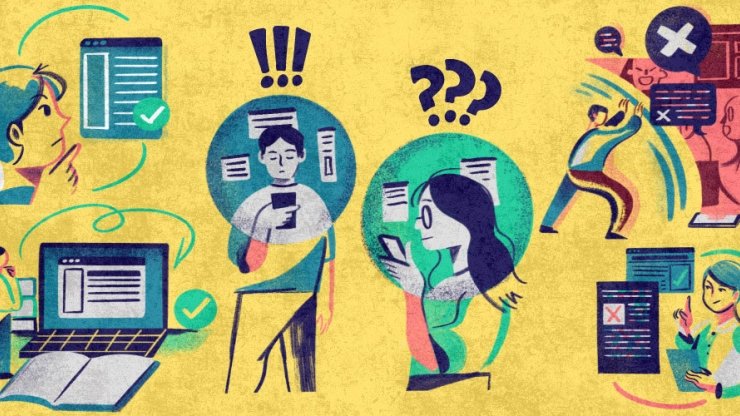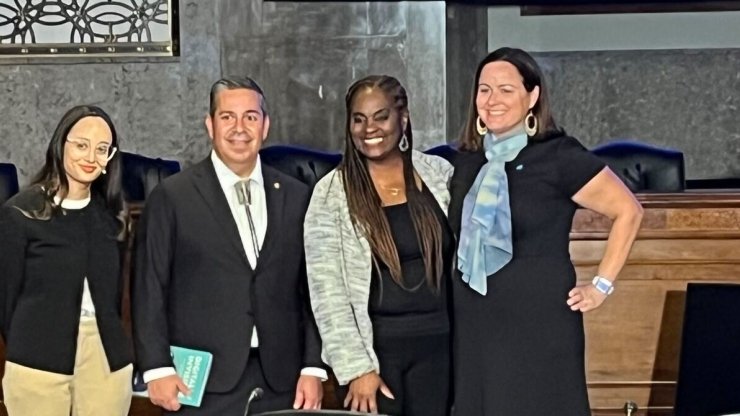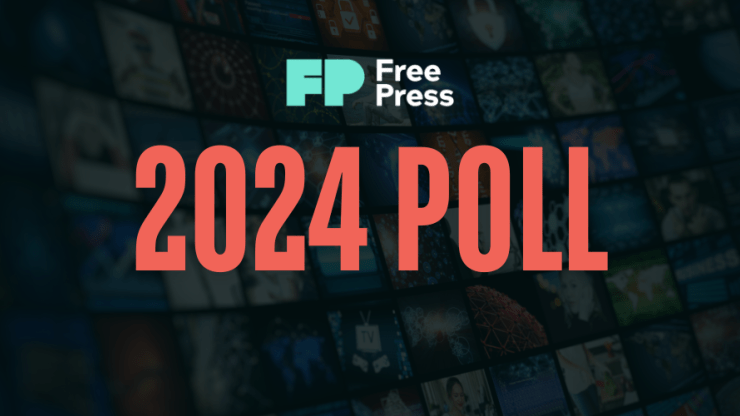Why is misinformation so dangerous?
White supremacists and conspiracy theorists have harnessed a variety of media channels — from social media to podcasts to radio — to sow chaos and bigotry online and in the real world by dividing communities and making it harder for us to come together with a shared sense of reality.
While many social-media platforms once at least tried to rein in this deceitful content, in more recent years companies like Google, Meta and YouTube have weakened or outright ditched their content-moderation rules — and gutted the teams tasked with protecting users — leaving users with the burden of fact checking misinformation and other toxic content. And under Elon Musk’s reckless leadership, X has turned into a cesspool of lies, with Musk himself spreading all kinds of dangerous conspiracy theories. These platforms give high-profile users a free pass to post lies about elections and threaten specific communities, such as voters of color, immigrants and members of the LBGTQIA+ community. Tech companies put their profits above all else, failing to protect human rights, safety and democracy.
And misinformation isn’t confined to social media. Traditional news outlets — including cable and radio — often produce coverage that confuses audiences and fails to capture the stakes we face. Misinformation is especially prevalent on right-wing propaganda machines like Fox News.
Free Press is working hard to fight misinformation — and protect people.

Image by Courtney Morrison


